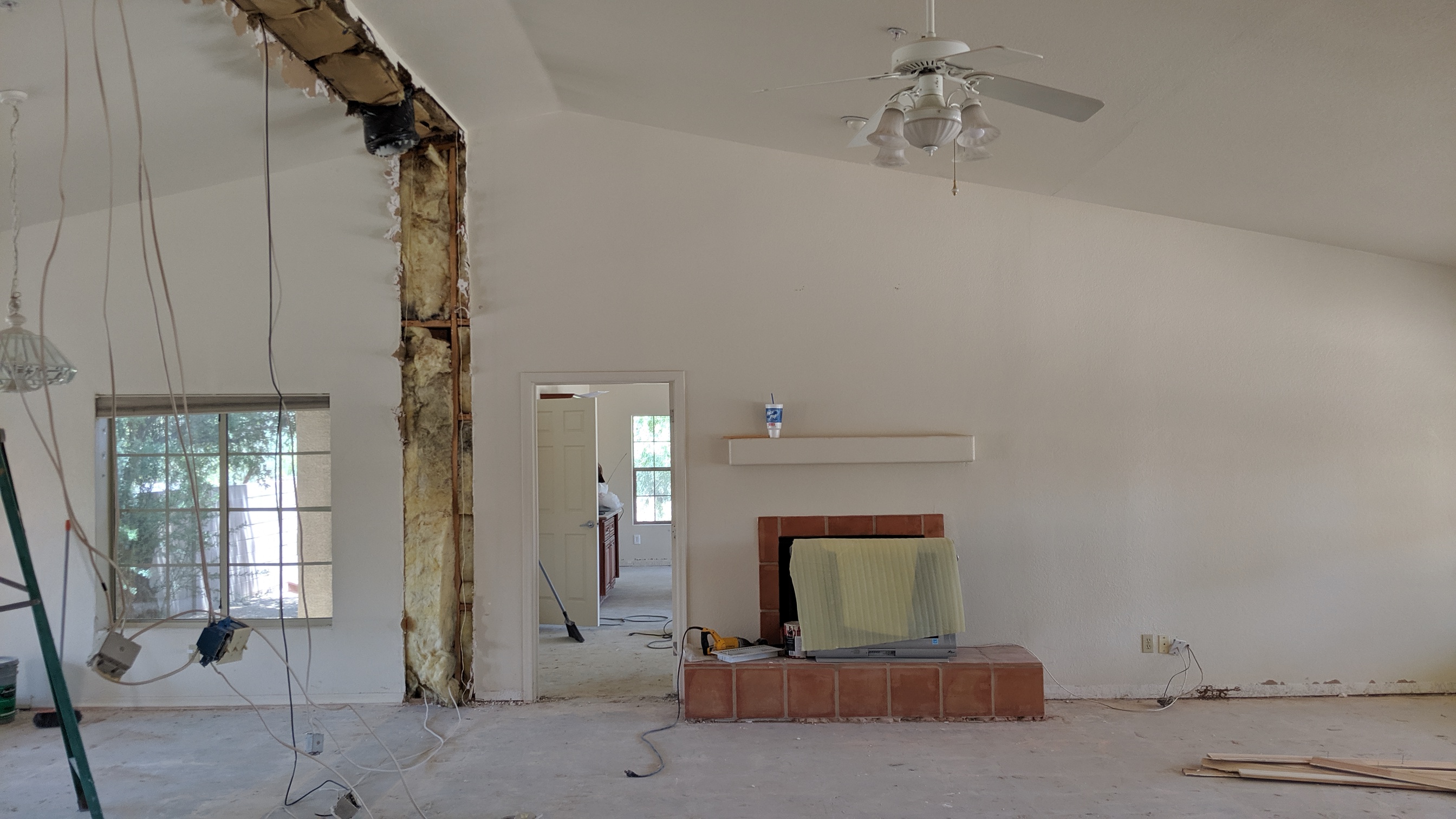Last week we looked at seller strategies for navigating Arizona’s Due Diligence period to help sellers avoid a transaction falling through. The best advice in this matter is no different than healthy advice for any topic; be prepared. Know the condition of your home and be pro-active in caring for it along the way. Also, if you’re considering placing your home on the market, it may pay handsomely to have a home “pre-inspection” to discover any issues that you should handle before your buyer’s home inspector finds them.
This week we look at the Due Diligence period from a Buyer’s perspective. Soon, we’ll look more in depth at Buyer negotiation strategies resulting from their Due Diligence.
As we’ve mentioned before, in an Arizona residential real estate transaction there are several major areas of negotiation. First is the initial offer of price and terms. Second, there is the 10 day Due Diligence (inspection) period. Thirdly, there could be further negotiations if an appraisal does not support the purchase price.
As mentioned last week, “the main reason why a home deal falls through once a buyer and seller agree to price and terms is not because of a buyer not qualifying for a loan but because the home they’re buying doesn’t qualify. The home inspection period brought out irreconcilable problems that the buyer was not willing to accept.”
“That clause is now history. You’re now buying that home ‘as-is.'”
A few years back, the Arizona Association of Realtors (AAR) made a major change in our standard real estate purchase contract. Previously, there had been a “Seller Warranty Clause” which required the seller to guarantee the functioning of a home’s mechanical systems, such as Heating, AC, plumbing, electrical, appliances, etc. If any of the “moving components” were not working, generally discovered by a home inspection, the seller was required to repair or replace that item.
That clause is now history. You’re now buying the home “as-is.” AAR took out that clause altogether, in effect making the Arizona home purchase “as is!” That one move arguably made the home inspection the single most important contract issue for the buyer.
Therefore, here’s our best advice for a buyer’s handling the Due Diligence period.
- Choose an experienced Home Inspector who has a construction/building background
- If needed, follow up with additional inspections from other professionals such as roof, HVAC, pool, mold, etc.
- Read and provide a copy of the Seller’s Property Disclosure Statement to the inspector if available before the home inspection.
- Walk the neighborhood. Talk with residents from the community. (Hint: Saturday mornings are best to find neighbors out and about) Ask them how they like or don’t like the community, HOA, amenities. (Note: It’s best to discern whether they’re renters or owners. Renters might have more of an edge, which may or may not correctly reflect on the community.
- Buyers can also obtain crime and sex offender reports online.
- Read and reference the AAR Online Buyer Advisory. This happens to be, if not the best, one of the finest real estate resources in the country.


